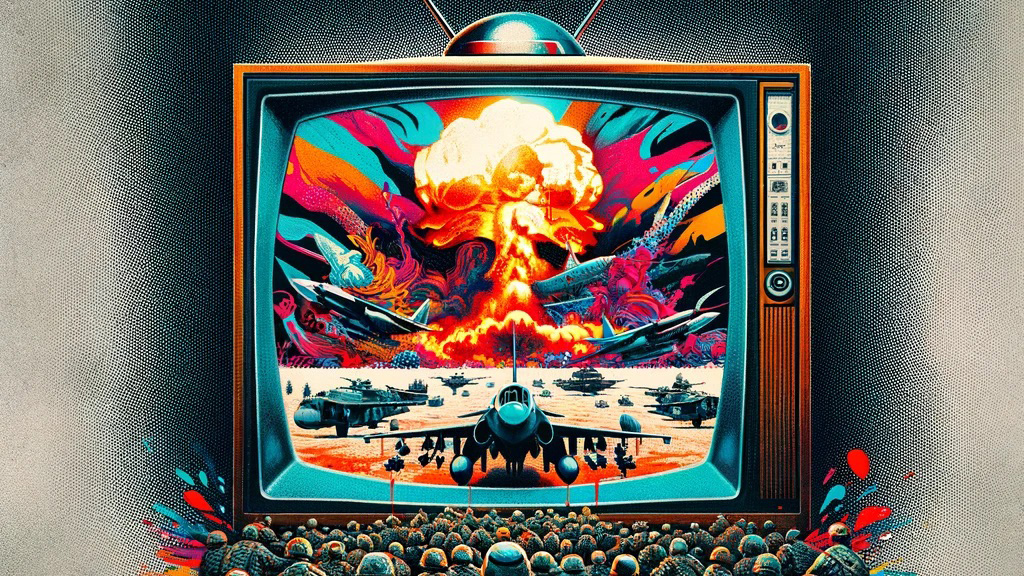The narratives that dominate our news cycles are often those with the most immediate shock value. This week, the toll of the war in Gaza occupies the forefront of our public consciousness. So far, 33,137 Palestinian lives have been lost since October last year.
When war and violence erupt, the news coverage is intense. Given the sheer scale of human suffering and geopolitical ramifications, this is both understandable as well as necessary — global response, ranging from relief efforts to anti-war demonstrations, can after all help mitigate the human suffering that conflicts unleash.
But the trouble with news coverage is that it is typically transient. Episodic. New wars supersede ongoing ones. Some wars play on our screens, while other don’t make the cut. News media attention is highly selective, focussing our minds on chosen bouts of violence in favoured corners of the world.
Our coverage this week is prompted by this fault line in war reportage. We focus on not just Gaza and Ukraine, but also the global news media’s ability to selectively notice — and quickly forget — war and violence when new conflicts ‘come along’.

What happens when the news cycle moves on? Who speaks for those caught in conflicts that no longer capture global attention? And, importantly, where lies our responsibility as the Fourth Estate? How do we serve the humanity caught up in forgotten wars?
We report on the ongoing conflicts in Gaza and Ukraine, and we look beyond, extending our gaze to Nigeria, where separatist violence wreak havoc on human rights away from media glare. As a survivor of that conflict tells our reporter Jennifer Chibobazi, “We sleep with our eyes open.”
In our long interview this week, Nichola Hunter-Warburton offers rare insights into the Israeli-Palestine conflict — from Professor Daniel Bar-Tal, the renowned scholar of intractable conflicts.
And in a second Q&A, we record journalist Alex Crawford, speaking from Yemen over Signal, who shares experiences from the frontline (including how it was to interview an exhausted President Volodymyr Zelensky in a bunker). “The coverage of Gaza,” she tells us, “is utterly controlled by Israel.”
We hear about how displaced Ukrainians are searching for stability abroad, how the Gaza conflict is affecting lives in neighbouring countries, and how a distant war is driving up fuel prices in Nigeria.
In Dzien dobry, Krol Swiacki, our journalist Thanh Hung Nguyen profiles a man who works tirelessly to give Ukrainians a reason to smile again — in Bournemouth, our very own university town.
In our AI-assisted feature, Uyen Ngyen uses Chat GPT and Canva AI to craft — and illustrate — a feature on the most dangerous place for a child to be now.
In Really ugly. Very unglamorous. Nasty, we hear the reality of covering war, from frontline journalists. And in ‘New wars drive out old wars’, veteran journalists who have covered conflicts in some of the bloodiest war zones across the world — from Syria to Afghanistan to Iraq and Ukraine — share their thoughts on the inevitability of violence eclipsing violence.
Our own coverage is selective, we will admit, suffering from the same ailments we wish to shine a light on, limited by resources, if not will. It reinforces our central premise, the very question that prompted this edition: how can the global news media serve the cause of humanity better when it comes to reporting wars?
Editors
April 2024
Cover image created with Dall-e 3





